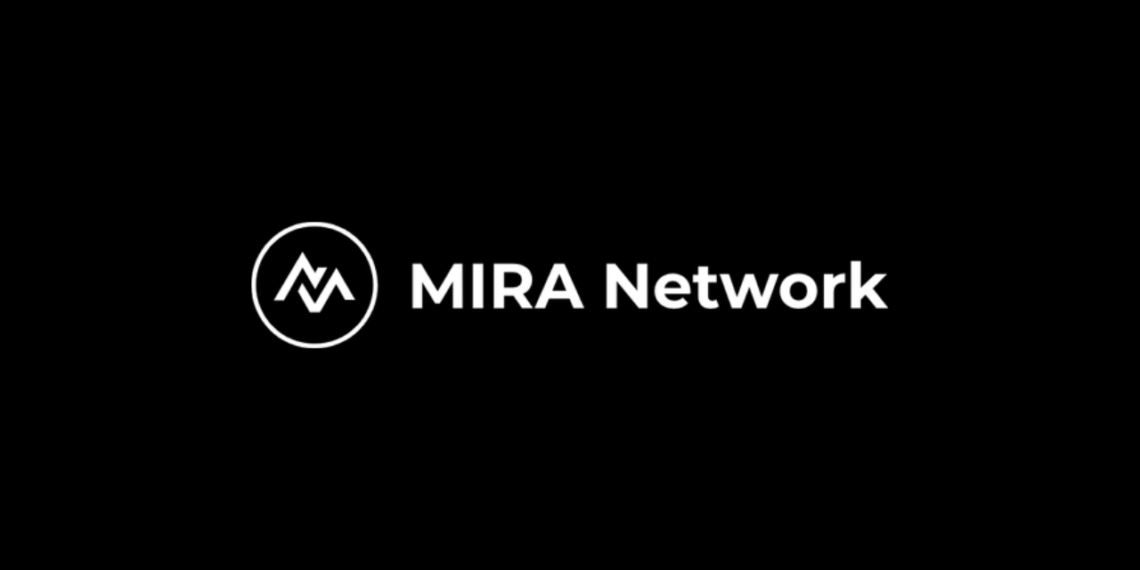Mira Network, a decentralized AI infrastructure platform known for its innovative approach to verifying artificial intelligence outputs, encountered significant technical difficulties that disrupted its services. Users took to social media platforms, particularly X, to voice their frustrations over a recurring “black screen” issue, where the app fails to load properly, displaying only dock icons against an otherwise unresponsive interface. This latest hiccup has raised questions about the platform’s reliability, even as the company works to address the problem and maintain its reputation as a pioneer in trustless AI verification.
The issue came to light early Tuesday morning when users began reporting problems accessing the Mira Network app. One user on X posted, “The app is not loading properly, black screen issue is back where you only see dock icons. Is there a service issue?” alongside a screenshot of the malfunctioning interface. The complaint quickly gained traction, signaling that the problem was not isolated but affected a broader segment of Mira Network’s growing user base, which now exceeds 500,000 active participants according to recent reports.
This isn’t the first time Mira Network has faced such challenges. The “black screen” glitch appears to be a recurring thorn in the platform’s side, frustrating users who rely on its Klok app—a multi-LLM chat alternative to ChatGPT that promises verified, unbiased AI responses. For a platform built on the promise of reliability and accuracy, these technical setbacks could undermine user trust if not resolved swiftly.
Mira Network’s Response
Mira Network was quick to acknowledge the issue, responding publicly on X less than an hour after the initial complaints surfaced. At 10:48 AM WAT, the official Mira Network account posted an update: “We have spoken with AWS support engineers, as the system remains stuck in a reboot state. This issue is not caused by our development, but is due to a bug or error within the AWS cluster itself. AWS has assigned the highest priority to this matter and is actively working on a solution.”
The company’s statement points the finger at Amazon Web Services (AWS), Mira Network’s cloud infrastructure provider, suggesting that the root cause lies beyond their immediate control. By attributing the glitch to an external “bug or error within the AWS cluster,” Mira Network has sought to reassure users that its own development team is not at fault. However, this explanation has done little to quell the immediate frustration of users left unable to access the platform’s services.
Mira Network has positioned itself as a trailblazer in the AI and blockchain space, leveraging a decentralized network of users to verify AI outputs and reduce errors like hallucinations and bias. Its recent milestones—such as the launch of the Klok app in February 2025 and a $10 million grant program for AI builders—have garnered significant attention and investment, including $9 million from notable backers like Framework Ventures. The platform’s vision of “trustless verified intelligence” has resonated with developers and users alike, promising a future where AI can be both accessible and dependable.
Read Also: Mira Network: Another Promising Crypto Project, All You Need to Know
Yet, these ambitions are now being tested by the realities of scaling a decentralized system. Technical glitches, even those stemming from third-party providers like AWS, highlight the challenges of maintaining uptime and performance in a complex, distributed infrastructure. For a platform that emphasizes reliability as a core selling point, any disruption risks eroding the confidence of its community—especially as competitors in the AI space continue to vie for market share.
Mira Network’s reliance on AWS, a leading cloud service provider, underscores a broader dependency within the tech industry on centralized infrastructure—even for projects championing decentralization. While AWS is known for its robustness, it is not immune to outages or bugs, as evidenced by past incidents affecting major platforms. Mira Network’s claim that the issue stems from an AWS cluster error places pressure on Amazon to resolve the situation quickly, given the “highest priority” designation reportedly assigned to the case.
For users, however, the technical details may matter less than the end result. Whether the fault lies with Mira Network’s implementation or AWS’s infrastructure, the outcome is the same: a platform they depend on is temporarily inaccessible.
As of 11:00 AM WAT on April 8, 2025, no further updates have been provided by Mira Network or AWS regarding a resolution timeline. The company’s transparency in communicating the issue is a positive step, but the true test will be how quickly service is restored and whether preventative measures are put in place to avoid future disruptions.
For now, Mira Network’s users are left waiting, their faith in the platform’s promise of reliable AI verification put to the test. The incident serves as a reminder that even the most cutting-edge technologies are not immune to the growing pains of innovation. As Mira Network continues to expand its reach and capabilities, its ability to navigate these challenges will be critical to sustaining its momentum in the competitive world of decentralized AI.






